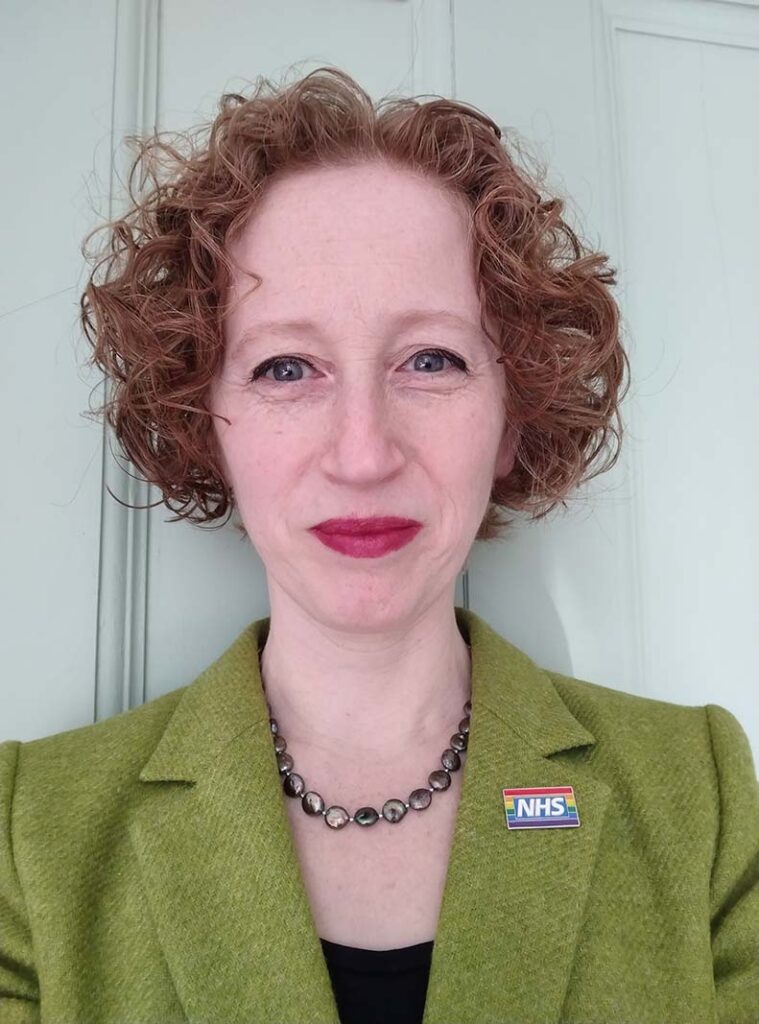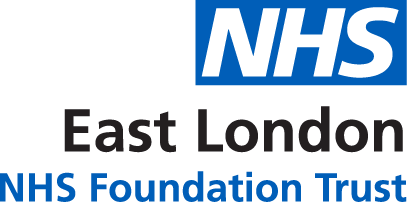Meet Dr Deborah Dover, Director of Patient Safety

Dr Deborah Dover has recently joined us as ELFT’s Director of Patient Safety, a newly created role which is going to help us take a positive and whole population approach to safety with an emphasis on patient involvement, improving our systems, spreading good practice, supporting staff and learning from the whole range of care outcomes. Deborah is a mother of three, has a background as a Consultant Child and Adolescent Psychiatrist and a lifelong interest in safety and improvement.
How would you describe the Director of Safety role?
This is totally new role so I have a really nice opportunity to co-create it together with those we serve and the people who work in the organisation. It recognises of the central importance of safety all we do at ELFT. I'm hoping it will help bring together all the fantastic patient safety work going on already in the trust and to take safer care even further.
Although it is Director of “Patient” Safety, I’m really keen to focus on both staff and patient safety as we know they are really connected and both hugely important.
What attracted you to the role here at ELFT?
Patient safety improvement has always been my passion. My most recent role was as a deputy medical director in another London health trust, where I supported safety improvement in both community and mental health services. In that job I learnt masses about compassionate leadership and patient safety, but I felt ready for a new role that allows me to dedicate even more of my energy this work.
As well as my professional interest in this area, I also have a personal reason for being driven in this direction. In around 2013, my older brother developed a psychotic illness, linked to cannabis use, and my family were thrown into four long years of crises and then coping with his eventual death by suicide. I learnt what being on the receiving end of mental health services can be like, and some of the safety improvements we could make to the way we involve the expertise of patients and their families. Reflecting on the care he received has also helped me learn how we can do better in terms of prevention. On a more positive note, I’ve also known the huge gains from of safe, reliable care when my mother was treated for, and survived, life-threatening post-partum haemorrhage after I was born, meaning I am still benefitting from having her in my life even 45 years later. I’m a real fan of thinking about the years and quality of life that can be gained by providing safe care.
Why do you think NHS organisations need this type of role and leadership?
Healthcare is a complex ever-changing system and our people are experts at providing the kind of care that leads to safe outcomes in the vast majority of situations. However, things go wrong and harm does occur, usually due to the systems we rely on failing our staff and patients. It is easy for staff, families and patients to feel let down or blamed when this happens leaving a long-lasting impact on morale and well-being. There is a lot we can do to grow and share our learning and improving our culture, systems and processes to help protect patients from harm, and the secondary impact on everyone involved.
ELFT has so much great work going on at a population health level, and also about improving equity. Our safety plan is going to help us apply all this to safety – to work towards safer lives for all, in an equitable way.
In what areas do you think we need to focus more?
I think one of the secrets to safer care is to learn more from what helps care to go right (alongside learning from what goes wrong).
Traditional methods that focus only on learning from where care goes wrong are like learning about successful marriages by just reviewing divorce cases. We also need to understand what safety means to different people and focus our efforts there - ask more about what matters to our patients, combine this with frontline expertise and evidence-based care, and use that knowledge to develop our approach.
What initial changes can staff and service users expect to see?
I hope staff and patients will start to feel and see the impact of this role fairly quickly. In the first year, I will be supporting our patient safety team introduce the new National Learning from Incidents framework, called PSIRF, which will replace the SI Framework, and also a new national incident reporting system, called LFPSE (learning form patient safety events).
PSIRF will help us shift to improving our systems and providing compassionate support for all affected. We will be establishing stronger partnerships with patients via a new patient safety patient reference group and new dedicated patient safety patient roles. I will also be reaching out to involve you all in developing our shared safety principles, commitments and priorities that we can sign up to and work on in the years ahead. I’d love to involve as many of you as possible in this exciting journey so if you are interested in getting more involved then please do email me.
